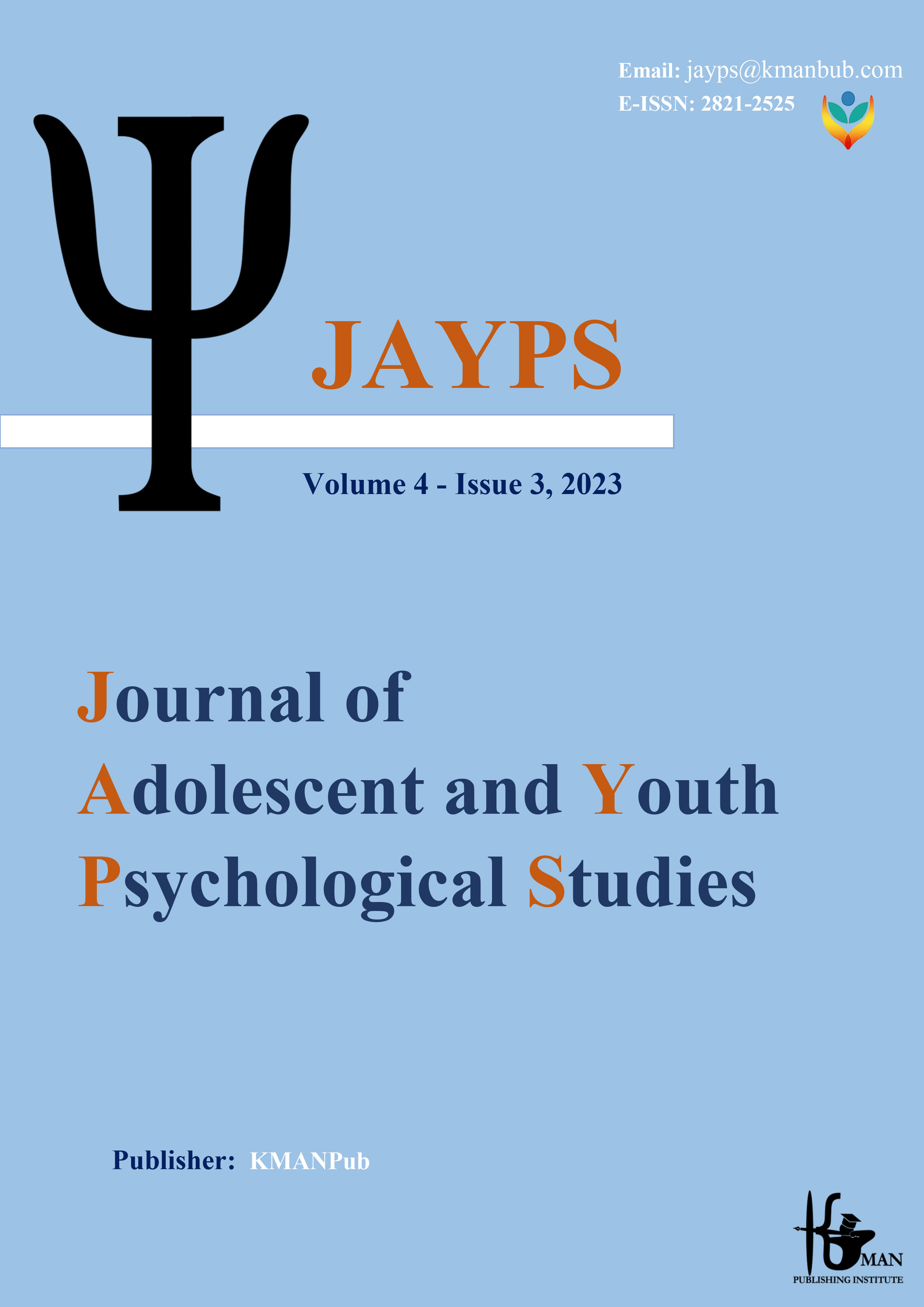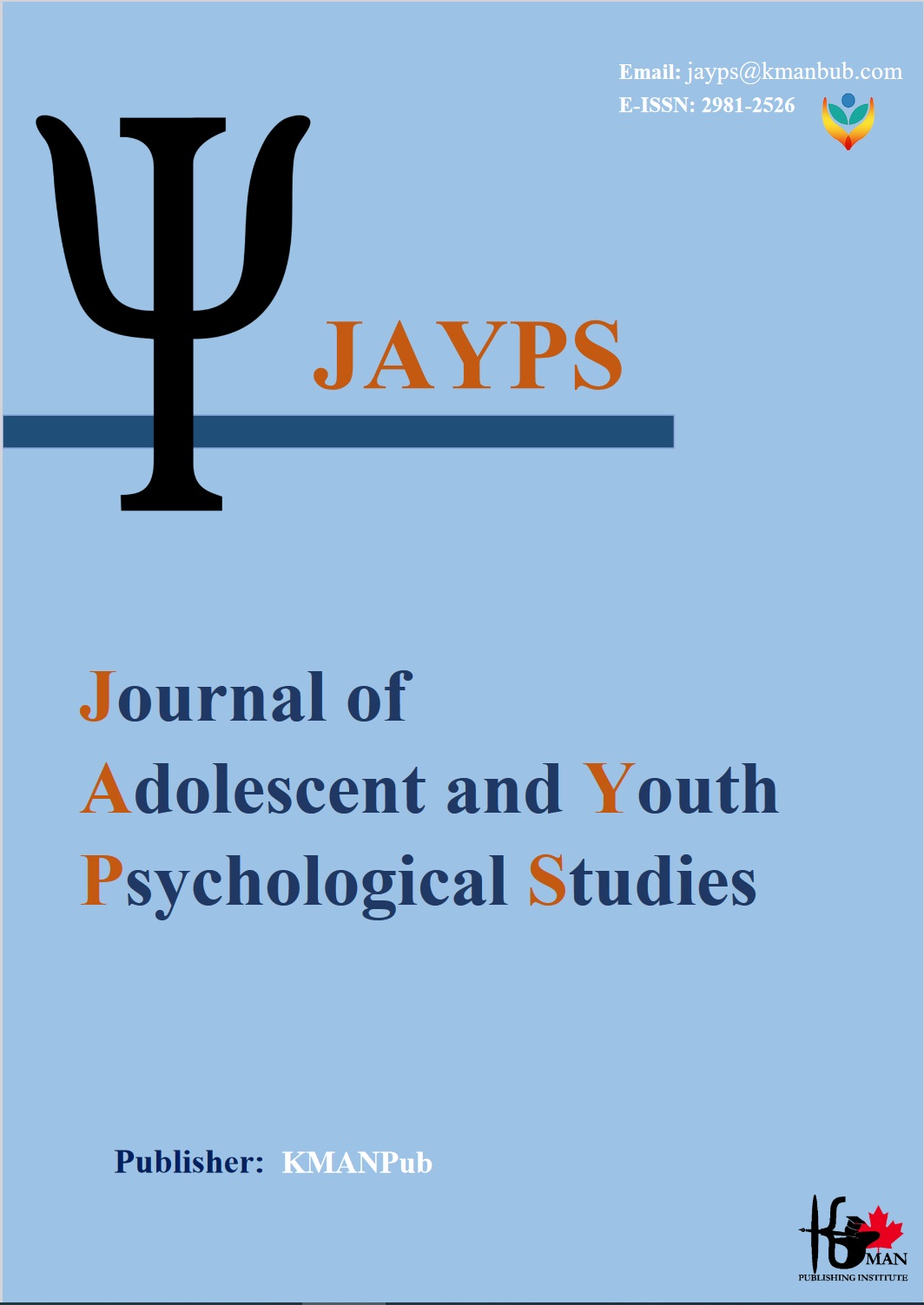Mediating Role of Self-Efficacy in the Relationship between Psychological Capital and Innovative Job Performance of Teachers
DOI:
https://doi.org/10.61838/kman.jayps.4.3.1Keywords:
Self-Efficacy, Psychological Capital, Innovative Job Performance.Abstract
Background and Aim: Education, as one of the most important and broadest social organizations, plays a very important role in the process of socialization and socialization of the society. Therefore, the current research was conducted to determine the mediating role of self-efficacy in the relationship between psychological capital and innovative job performance of primary school teachers in Karaj. Methods: This research is practical in terms of purpose; In terms of the type of data, little; In terms of the nature of the research, it was descriptive-correlational. The socio-statistics of the research were all primary school teachers in Karaj city. 242 people were selected based on the calculation of the sample size in structural equations and the stepwise cluster random sampling method. Data collection tools were the researcher-made questionnaire. Data analysis was carried out in descriptive statistics (mean, standard deviation, etc.) and inferential (Pearson correlation and structural equation modeling) through Spss-V23 and LISREL-V8.8 software. Results: It showed that there is a relationship between psychological capital (0.63) and self-efficacy (0.57) on innovative job performance; Also, self-efficacy plays a mediating role in the relationship between psychological capital and self-efficacy (0.74). Conclusion: It can be concluded that self-efficacy plays a mediating role in the relationship between psychological capital and innovative job performance of teachers.
Downloads
Downloads
Published
Issue
Section
License

This work is licensed under a Creative Commons Attribution-NonCommercial 4.0 International License.







